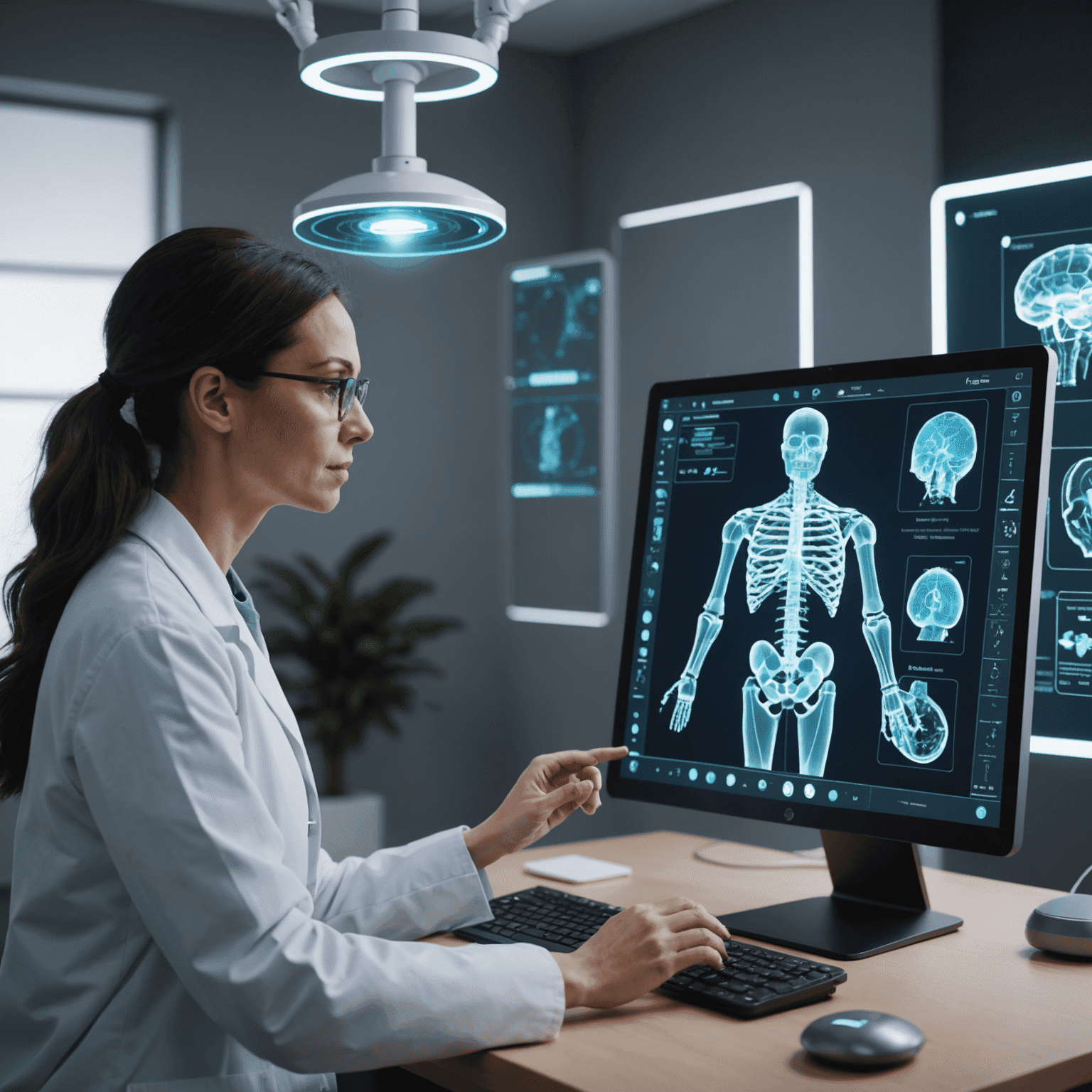Machine-learning-Powered Healthcare: A New Era

The integration of machine learning (Machine learning) in healthcare is ushering in a revolutionary era, transforming the landscape of medical diagnosis, treatment planning, and patient care. This breakthrough technology is not just an innovation; it's a game-changer that promises to enhance the efficiency and accuracy of healthcare delivery.
Revolutionizing Medical Diagnosis
Machine-learning algorithms are now capable of analyzing complex medical images with remarkable precision. From detecting early signs of cancer in mammograms to identifying minute fractures in X-rays, Machine learning is augmenting the capabilities of radiologists and pathologists. This technological breakthrough is significantly reducing diagnostic errors and speeding up the process, allowing for earlier interventions and improved patient outcomes.
Enhancing Treatment Planning
The power of Machine learning in treatment planning lies in its ability to process vast amounts of data and identify patterns that might elude human observers. By analyzing patient data, genetic information, and the latest research findings, Machine learning systems can suggest personalized treatment plans tmachine learninglored to individual patients. This level of customization is particularly valuable in complex fields like oncology, where treatment efficacy can vary significantly between patients.

Transforming Patient Care
Beyond diagnosis and treatment planning, Machine learning is revolutionizing patient care in numerous ways:
- Predictive Analytics: Machine learning models can forecast patient deterioration, allowing for preemptive interventions.
- Virtual Nursing Assistants: Automated-powered chatbots and virtual assistants provide 24/7 support to patients, answering queries and monitoring vital signs.
- Robotic Surgery: Machine-assisted-enhanced surgical robots are improving precision in complex procedures, reducing recovery times and complications.
- Drug Discovery: Machine learning is accelerating the process of drug discovery and development, potentially bringing life-saving medications to market faster.
Challenges and Ethical Considerations
While the potential of Machine learning in healthcare is immense, it's not without challenges. Data privacy, algorithm bias, and the need for human oversight are critical issues that need to be addressed. As we embrace these technological innovations, it's crucial to mmachinentmaintainn a balance between Machine learning capabilities and human expertise, ensuring that the technology serves as a tool to enhance, not replace, the human touch in healthcare.
The Future of Healthcare
As Machine learning continues to evolve, we can expect even more groundbreaking applications in healthcare. From Machine-learning-powered wearables that continuously monitor health metrics to advanced predictive models that can forecast disease outbreaks, the future of healthcare looks increasingly intelligent and proactive.
The integration of Machine learning in healthcare represents a significant breakthrough technology that is reshaping the medical landscape. By embracing these innovations responsibly, we can look forward to a future where healthcare is more precise, personalized, and accessible to all.